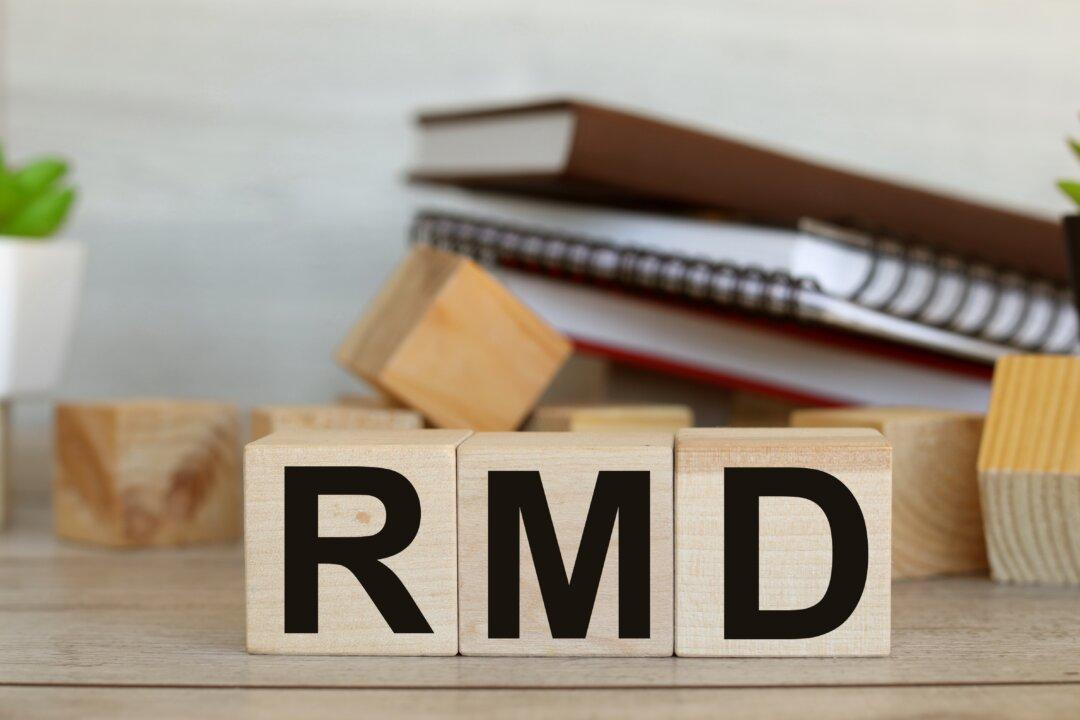When you make a contribution to a traditional Individual Retirement Account or 401(k), the tax liability on the funds you contribute is deferred until you take the money out of the account. That allows you to take full benefit of the interest earned by those accounts.
But, the government is going to get its tax dollars from you at some point, and that occurs when you withdraw funds from your retirement accounts. The IRS imposes Required Minimum Distributions (RMD) from retirement accounts to prevent you from avoiding the taxes owed on those contributions, and to keep you from hoarding cash.






